|
In spite of the adage, "Money can't buy happiness," most people think money will make them happier. They devote their time and energy to making more. But psychology research shows that more money (beyond the poverty level) does not make you any happier...
Unless you know how to spend it.
In this post, I discuss two proven ways to buy happiness:
1) Spending money on someone else. 2) Spending money on experiences, rather than possessions. If you can think of other ways to buy happiness, I'd love to hear about it! Please share in the comments section, below. *** Many people fantasize about coming into lots of money... and using it in an antisocial manner. "I'd buy a private island!" "I'd never take public transportation again!" "I'd tell my boss he can go ____ himself!" "I'd buy an expensive car/wardrobe/etc., and make everyone jealous!" But, weirdly, many people who do come into wealth end up feeling unmotivated, isolated and alone. It's not uncommon for lottery winners say that winning the lottery actually ruined their life. Which led Harvard Business School professor Michael Norton and two colleagues from the University of British Columbia, Elizabeth Dunn and Lara Aknin to ask, "What if we forced people to spend money in a pro-social manner?" The resulting paper, "Spending Money on Others Promotes Happiness," appeared in the March 21, 2008 issue of Science. And here's what they found: Spending as little as $5 on someone other than yourself increases your happiness.
They discovered this by setting up experiments across the globe, in which participants were given some amount of money (ranging from $5-$20) and telling them to either spend it on themselves or spend it on someone else. Then, at the end of the day, they had participants complete a questionnaire that measured their mood and happiness -- as well as how they spent the money.
Fried dough -- further proof that money can buy happiness. And cool, sustainable bamboo sunglasses.
Norton and colleagues found that the amount of money given to participants (to spend on either themselves or on others) had little impact on mood or happiness. Instead, the relative percentage of the money that they spent on others predicted happiness.
The experiments have been replicated across the globe, from Canada to Uganda. Whether participants used their money to help a friend pay for a lifesaving malaria treatment or to buy a movie ticket or a coffee for a friend, they experienced similar boosts in their mood. The result held true across three different studies: a nationally representative survey, a field study of windfall spending, and an exploration that randomly assigned participants to spend money on others or themselves. In other words, you don't need to make a huge donation or buy an expensive gift to feel the benefits of prosocial spending. Small changes in spending habits can produce big boosts in your mood. To learn more about Dunn and Horton's research, check out their book, Happy Money: The Science of Happier Spending -- even though it's about science research, it's a really fun, funny and insightful read: *** You should also focus on buying experiences, not things.
I had the most amazing birthday last year. The guy I was dating turned 30 a few days after I turned 27, so we decided to go huge and have a joint birthday party... in Hawaii.
Where this happened:
Swimming with bottlenose dolphins near Captain Cook's Monument
And this happened:
Night diving with manta rays -- probably one of the coolest scuba experiences in the world. We did this almost every night for a week -- often catching lobsters in the process. I learned that there's no such thing as too much lobster.
And this happened:
Spontaneous two-day hike to Waimanu Canyon, where we ate wild guava off the trees, explored waterfalls, and had a whole black sand beach to ourselves.
No thing that I got for my birthday would have made me as happy as this trip to paradise. Off the top of my head, I can't even remember what presents I got. But thinking back on this trip, my heart beats faster and I can't stop smiling.
(Sort of off-topic, but worth mentioning: this trip was also extremely affordable. We spent about $390 each on airfare , $25/person/day onlodging by renting a private studio on Airbnb, $10/person/day on our car rental, $10/person/day on dive gear rentals... and whatever we would have spent on food at home. Or maybe a little less, since we caught our own lobsters for dinner half the nights and made smoothies out of the 7 for $1 papayas we bought at the farmer's market.)
But don't take my word for it. Decades of psychology research show that experiential purchases bring us way more happiness -- and for way longer -- than material ones. For several reasons, including:
1. Anticipation of an experience drives happiness -- whereas anticipation of a possession drives impatience. Think about people waiting in line for a Hanson concert:
2. Experiences tend to be social. Possessions tend to be... well, possessions. Even when I travel alone, some of my greatest moments involve meeting and connecting with others -- and one of the most common complaints I've heard about traveling alone is that you never see the people you met again, so there's no one to really relive the memory with.
Humans are social beings. We evolved to be highly sensitive to isolation, rejection and loneliness. We evolved to crave relationships and attachments with each other through shared experiences. Because people who didn't... didn't find mates. They didn't invest in raising offspring. So their genes didn't get passed on, and they don't exist anymore. Because of that, in many ways, it's actually more "important" for us to experience negative emotions than positive ones -- evolution doesn't care if you're happy if you don't have any babies. Even jealousy is an evolutionary advantage. If you don't get jealous of your girlfriend with she spends time with other men, she might cheat on you, and you'll raise someone else's kid. If you don't get jealous when other people have more things than you -- if you're perfectly content with what you have -- you might starve and die during the next famine. Or at least have a harder time attracting a mate. Which leads me to my next point: 3. Most people stop appreciating things over time. Doesn't matter if it's a Tesla or a Versace dress or a nice couch. Over time, it'll make you less and less happy. Think about it -- when you ask someone what one item they would save if their house were on fire... would you expect them to choose their Coach bag, or their photo albums? It's different, of course, if the thing in question is something intrinsically meaningful to you. If you're a car enthusiast, and you bought a Tesla because it's so incredibly sexy and green and fun to drive, you may grow to love it more over time. But if you bought it as a status symbol, or because that's what people with money do, or for some other extrinsic reason -- if the car itself, and not the experiences you would have in it, is the reward -- then it's not a good investment for your happiness. This is where a lot of rich people run into problems. They work hard to make money so they can buy things. But the things don't make them happy, and they end up feeling lost and wondering what the big deal was.
4. We're less likely to measure the value of experiences by comparing them to those of others. Again going back to the evolution-wants-us-to-be-jealous-of-other-peoples'-things thing, we tend to judge the value of our things relative to our peers' things.
Harvard psychologist Daniel Gilbert illustrated this beautifully when he asked study participants if they'd rather have a higher absolute salary that was lower than that of their peers, or a lower absolute salary that was higher than their peers'. Participants were largely unsure. But. When asked if they'd rather have two weeks of vacation when their peers only got one, or have four weeks of vacation when their peers only got eight... it was a universal no-brainer.
I got my Surf One Robert August 5 for $80 on Amazon (though it's since doubled in price), and pretty much everyone I know has a fancier longboard than I do. BUT. Experiences like this make me say, "Who cares?"
All of this might help explain some of the fascinating results discussed in a recent paper, ‘A Diamond is Forever’ and Other Fairy Tales: The Relationship between Wedding Expenses and Marriage Duration -- in particular, the finding that couples who spend $2,000-$4,000 on the engagement ring are almost twice as likely to divorce as couples who spent $500-$1,999. And that couples who spend more on their honeymoon are happier and last longer than those who spend more on the wedding. I guess I was on to something when I said that I don't want an engagement ring -- I want a six-month honeymoon. *** Got it? Now go buy yourself some happiness! Go spend $5 or $10 on someone you love. Or even someone you like. Buy someone a smile.
I sent these $5.62 heart-shaped egg and pancake molds to my bestie on Valentine's Day once. And even though I toootally had a hot date that night, giving that small gift was the best part of my day.
Or go on a road trip. Or take a dance class, or a beekeeping class. Try acrobatics or abalone diving. Learn a new sport -- I'm taking a golf class right now, and even though I suck, it's a totally awesome way to start my morning. (If you need inspiration, get on Groupon. They have a huge team of people whose job it is to find cool activities and score you killer deals on them.)
Or do both! Have a wonderful experience -- then buy a postcard and a stamp and tell your grandma about it. I try to buy postcards every time I see them for sale (keeping an eye out for postcards, or egrets, or Halloween decorations -- or anything! -- is also a great way to stay present and mindful) so I can share my experience with my grandparents and make them feel special.
(If you want to be especially thoughtful, you can custom-print postcards on moo.com. It's $9.99 for a 10-pack -- and you'll save 10% if you use my referral link -- and each can have a different photo on the front. I just placed my first order, and am so excited to start sending them out to my grandmas. Is this the best $10 I ever spent? Quite possibly.) Finally, if you're not into experiences, gifts and postcards, you can always donate to my Patreon campaign. You know -- so The Happy Talent can literally make you happy. (No bias or anything.) Happy spending!
2 Comments
Your honeymoon planning tips are a lifesaver for lovebirds like us! Thank you for curating such comprehensive and insightful content. Your blog has become our go-to resource for all things honeymoon-related. Keep up the fantastic work, and may your adventures continue to inspire us all!
Reply
Leave a Reply. |
About the Author

Eva is a content specialist with a passion for play, travel... and a little bit of girl power. Read more >
Want to support The Happy Talent? CLICK HERE!
Or Find me on Patreon!
What's Popular on The Happy Talent:
Trending in Dating and Relationships:
What's Popular in Science: Playfulness and Leisure Skills:
Popular in Psychology and Social Skills:
Categories
All
|
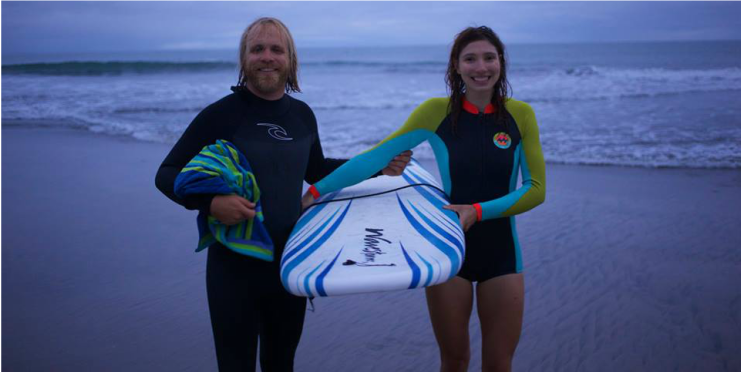
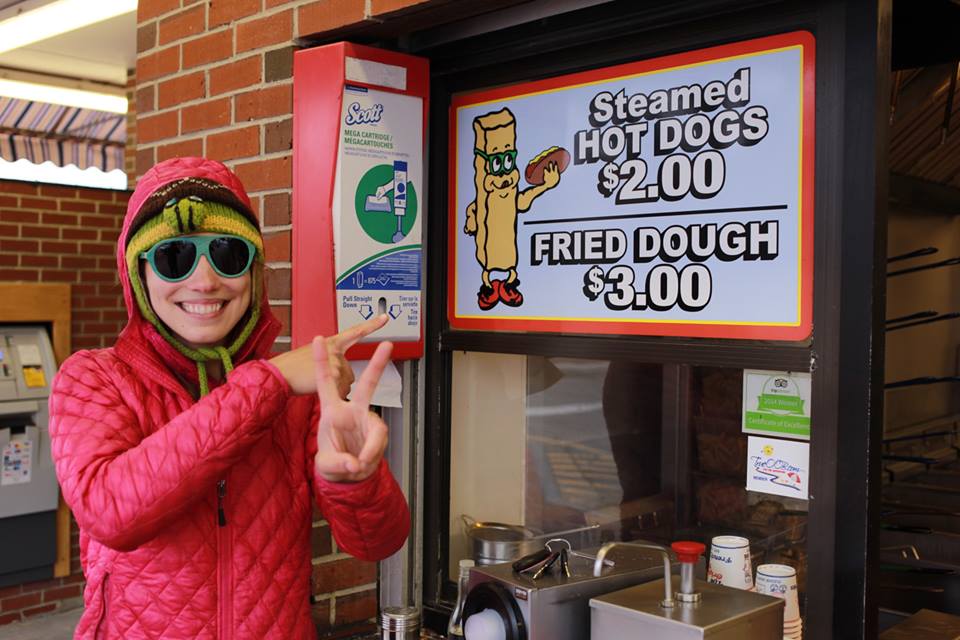
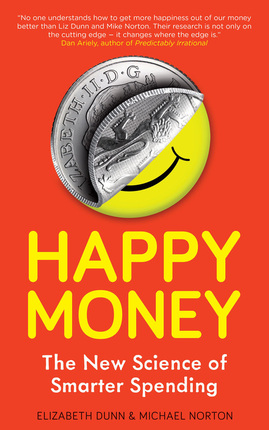

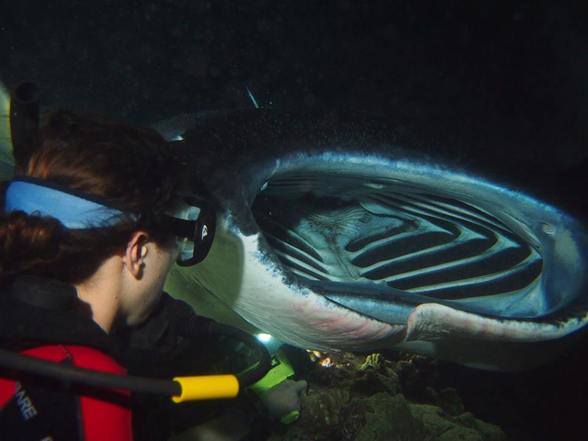

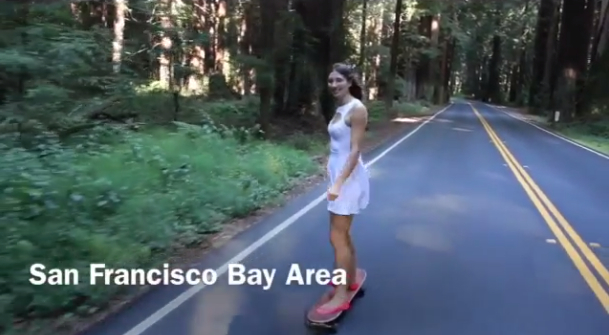


























 RSS Feed
RSS Feed